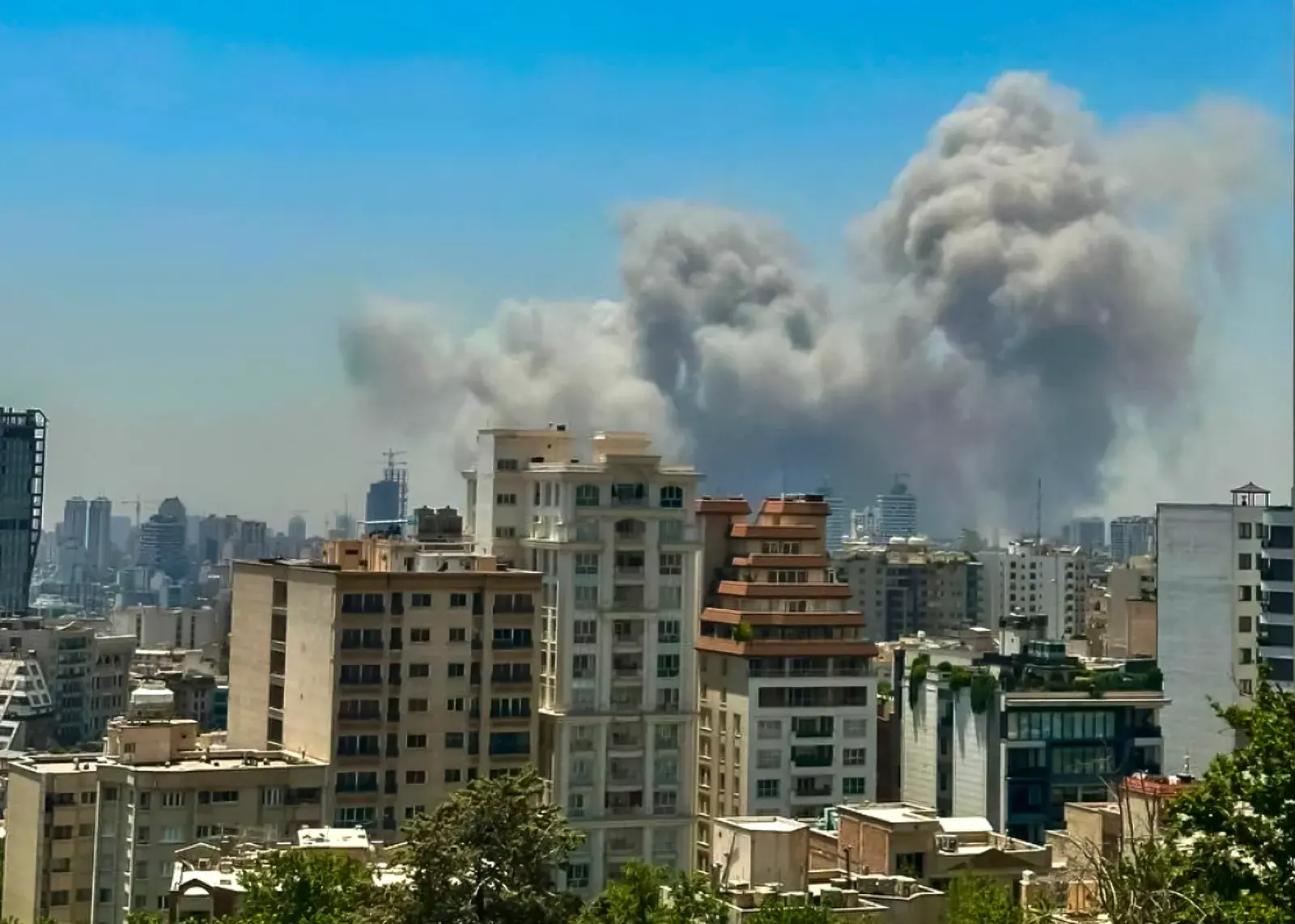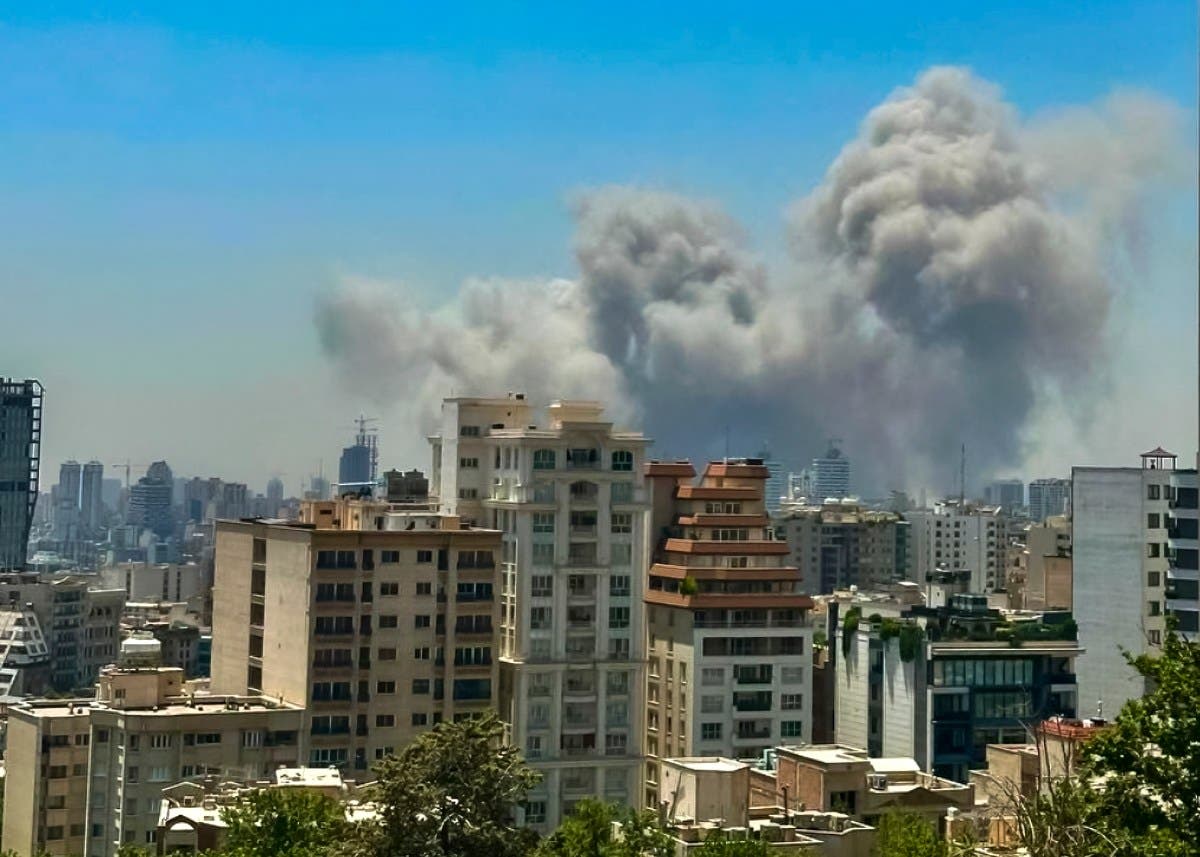Officials in Iran believe that the ceasefire with Israel will collapse and that conflict will resume in the future, according to the Institute for the Study of War (ISW).
The assessment by the Washington, DC think tank outlined how Iran’s Supreme National Security Council (SCNC) had directed military and civilian officials to designate successors in the event of leadership disruption to ensure continuation in the event of war.
A 12-day war in June saw Israel launch airstrikes on Iranian nuclear and military sites, assassinating key generals and scientists. Iran responded with ballistic missiles and drones targeting Israeli cities before the ceasefire brokered on June 24.
The ISW said Iran’s Armed Forces General Staff Chief Major General Abdol Rahim Mousavi inspected military units on Tuesday during which he said that the Islamic Republic’s naval forces had achieved full readiness “for a possible future conflict.”
Iran expert, Hamidreza Azizi, a research fellow at German think tank SWP Berlin, told Newsweek Wednesday that since day one of the ceasefire, everyone in Iran has been expecting a new round of escalation with Israel, “the main question is when.”
Newsweek has contacted the Iranian Foreign Ministry for comment.
 Why It Matters
Why It Matters
On June 13, Israel launched surprise airstrikes on Iranian nuclear and military sites to which Tehran responded by launching ballistic missiles and drones targeting Israeli cities.
On June 22, the U.S. bombed three Iranian nuclear facilities in an action Washington said destroyed the Islamic Republic’s nuclear program before a ceasefire was agreed on June 24. The ISW report suggested Tehran is preparing for further conflict with Israel having learned lessons from the previous war to ensure the leadership’s continuation.
What To Know
The ISW assessment comes over two months after the end of hostilities between Israel and Iran following a ceasefire brokered under U.S. pressure.
The ISW said on Tuesday that over three months on, senior Iranian officials are preparing for another conflict and believe that the ceasefire would collapse at some point in the future.
The think tank referred to how the Supreme National Security Council (SCNC) had directed Iranian military and civilian officials to designate successors.
This was likely to avoid a repeat of what happened in the 12-day war in which Israel targeted senior Iranian officials including senior IRGC commanders whose deaths disrupted Tehran’s military response.
The ISW said that senior Iranian military commanders are inspecting military and air defense units across Iran.
Armed Forces General Staff Chief Major General Abdol Rahim Mousavi examined the combat readiness of Artesh and IRGC naval, commando, and aviation units on September 30 and said both have achieved full readiness “for a possible future conflict,” the ISW added.
Azizi, from SWP Berlin, told Newsweek that in Iran, policymakers and the wider public expect a resumption of hostilities in part because there was no formal ceasefire and that both sides just agreed to stop the fighting without any specific arrangements.
Since the end of the war, both sides have been trying to increase their preparedness and filling the gaps in the security and military capabilities, shown in the war, which for Iran was air defense and for Israel, intelligence leaks. Mousavi’s comments gave just one indication out of many of the possibility of a new round of war, Azizi added.
What People Are Saying
Institute for the Study of War, ISW: “Senior Iranian officials appear to be preparing for potential military conflict. Iranian officials continue to believe that the current ceasefire between Israel and Iran will collapse and fighting will resume at some point in the future.”
Hamidreza Azizi, a research fellow at German think tank SWP Berlin: “Both sides have been trying to increase their preparedness, and so everyone is on high alert.”
What Happens Next
Azizi said much depends on what Iran does in the coming months over its nuclear capabilities. Its known enrichment program following U.S. strikes may have gone but its stockpile of highly enriched uranium, if used to reestablish Tehran’s program toward weaponization, could give Israel a pretext for further attacks, he added.
Update 01/10/25, 12:10 p.m. ET: This article has been updated with further information and comment from Hamidreza Azizi.
